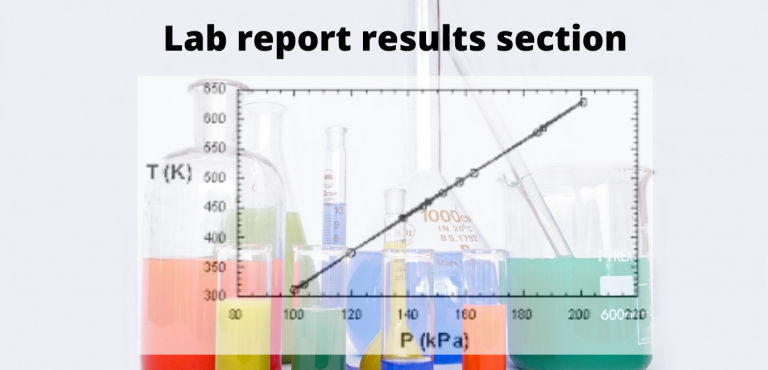Qualifiers in Writing- Definition and Examples
A qualifier is a word or phrase that enhances or restricts the meaning of another word. Qualifiers affect meaning by bringing additional information about the word they are modifying. However, they shouldn’t change the word’s meaning.
Qualifiers can be used in the following ways: to explain a term further, to protect yourself from blame, and to soften the meaning of a statement.
Types of Qualifiers
Qualifiers are grouped into the following categories: noun qualifiers(adjectives), intensity qualifiers, time qualifiers, relative quality qualifiers, and quantity qualifiers.
Noun qualifiers
These are called adjectives, and they qualify nouns. Adjectives are the most common qualifiers used in the English language.
Examples of noun qualifiers are: good, poor, fat, beautiful, and many more.


Intensity qualifiers
These are called adverbs, and they qualify verbs, adjectives, or other adverbs. Intensity qualifiers show the magnitude of the adjective.
Examples of intensity qualifiers are: extremely, highly, very, absolutely, incredibly.


Time qualifiers
Qualifiers of time indicate the frequency in which an action occurs.
Examples of time qualifiers are: often, sometimes, rarely, and usually.


Relative quality qualifiers
Qualifiers of relative quality indicate how much something or someone exists or how it is, compared to others.
Examples of relative quality qualifiers are smallest, most, and least.


Quantity qualifiers
These are called numerals, and they qualify nouns or verbs. They show how many members of a group or how much of something is being described.
Examples of quantity qualifiers are three, several, all, some, none.


Other examples of qualifiers are: barely, just, nearly, practically, seemingly.
Sentence examples for other qualifiers:
- I could barely hear the song.
Here, barely is a qualifier that intensifies the meaning of hear by describing it as weak.
- The party is nearly over.
Here, the qualifier nearly intensifies the meaning of over by describing it as being almost done.
- His behavior is practically perfect.
In this sentence, ‘practically’ intensifies the meaning of ‘perfect’ by describing it as practical.
Overusing qualifiers
Certain qualifiers will water down your work if you overuse or necessarily use them. This is because qualifiers are used when something is not clear or when you want to enhance the meaning of a noun. When overused, they will make your writing too wordy or repetitive.


In the first sentence, very is overused because it does not need to be there. The word new already indicates a high level of freshness.
In the second sentence, you can use ‘intelligent‘ instead of ‘very bright.‘ This way, you won’t need the qualifier ‘very’ since ‘intelligent’ is enough to describe the students.
If you overuse qualifiers, you’ll come off as an incompetent writer, and your audience will not enjoy your content.
Participial phrases/clauses as qualifiers
Participial phrases or participial clauses are also considered qualifiers. They start with a present participle form of a verb, and they usually end with a noun or pronoun. A participial phrase is a word group that can be used as an adjective or adverb to increase the quality signified by a noun or verb.
Examples of participial phrases are: Confused by the movie’s abrupt ending, the audience members shuffled out of the theater.
Participial phrases can be placed at the beginning, in the middle of a sentence, or at the end. These phrases and clauses are used as qualifiers because they give more information to the sentence. They can be used as adjectives or adverbs or as nouns.
A sentence with participial phrases or clauses as qualifiers:
- The woman walking toward the church was late for her son’s wedding.
Here, walking is a present participle verb that is used as an adjective to describe the woman.
Summary
It is important to know what qualifiers are and how they are used because you do not want your writing to be too wordy or repetitive. Qualifiers are adjectives, adverbs, or nouns that strengthen the meaning of a word. Also, qualifiers should be used correctly and moderately. They can be relative quality qualifiers, adjectives, time qualifiers, intensity qualifiers, or quantity qualifiers
Participial phrases or clauses are also used as qualifiers to add more meaning to the sentence.


I‘m a freelance content and SEO writer with a passion for finding the perfect combination of words to capture attention and express a message. I create catchy, SEO-friendly content for websites, blogs, articles, and social media. My experience spans many industries, including health and wellness, technology, education, business, and lifestyle. My clients appreciate my ability to craft compelling stories that engage their target audience, but also help to improve their website’s search engine rankings. I’m also an avid learner and stay up to date on the latest SEO trends. I enjoy exploring new places and reading up on the latest marketing and SEO strategies in my free time.






